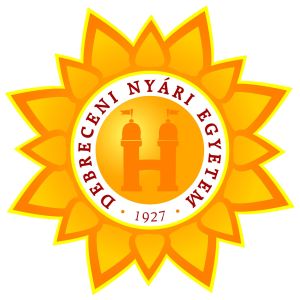Since joining the European Union in 2004, Hungary has received over €100 billion in EU funding—but the benefits of membership go far beyond financial support. In a recent interview, our EU expert discussed how integration has strengthened Hungary’s economy, education, and society, touched on the current suspension of some funds, and explained why the EU has become one of the most important international actors in supporting Roma inclusion.
Over the past 21 years, Hungary has been a member of the European Union. What would you say are the most important benefits?
First of all, it’s important to emphasize that EU membership is about much more than just the financial support or funds available to member states. For Hungary and Hungarian citizens, the biggest benefit is being part of the single market. That has a direct impact on our GDP, on household incomes, and on everyday economic opportunities.
Still, the EU funds have had a big impact. How much support has Hungary received since joining?
Over the last 21 years, Hungary has received close to €100 billion in EU funds. These have supported a wide range of projects across the country. Of course, there’s currently a suspension in place on some funds due to concerns from the European Commission about the Hungarian government’s practices.
Is that suspension final?
No, it’s not. I’m hopeful that in the coming months and years, there will be agreements and decisions that will restore full access to those funds. Dialogue is ongoing, and I believe solutions are possible.
Which EU funds have traditionally been the most important for Hungary?
Agricultural funds and cohesion funds have historically played the biggest role. But we’re seeing new priorities emerging—like migration management, climate change initiatives, and innovation support. These will be increasingly important going forward.
What about the Erasmus+ program? Many universities and students in Hungary are currently excluded. When can they rejoin?
That’s a question I wish I could answer precisely. At the moment, students and staff at more than 20 Hungarian universities cannot access Erasmus+ funds. However, some types of Erasmus funding are still available for certain institutions. Negotiations between the Hungarian government and the European Commission are ongoing, and we truly hope that this issue will be resolved in the coming months. Once that happens, students and professors will hopefully be able to benefit again.
Can you talk a bit about how the EU has supported Roma integration in Hungary?
Certainly. Roma inclusion has been a major focus for the European Union. In fact, during Hungary’s previous presidency of the Council of the EU, this issue became one of the top priorities. I believe the EU is the international body that has done the most in Hungary and the region in terms of promoting Roma integration. For instance, through the “FAT” project alone, over 150 billion forints have been allocated to comprehensive programs that provide real support to Roma communities.
(N. Nagy Sándor)


















